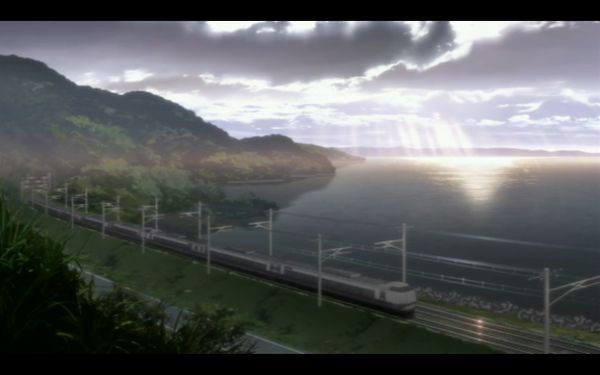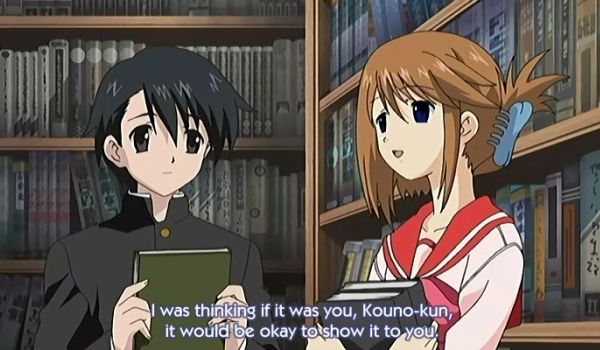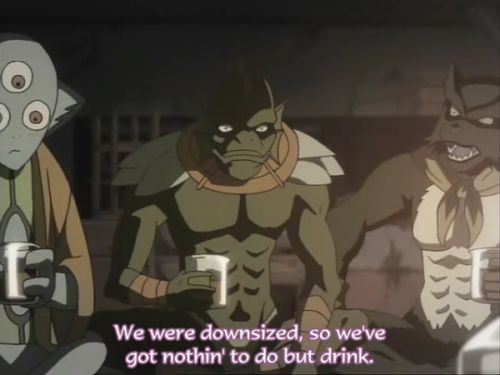Even if the world ends today, we still want to protect you.
Rumors of the death of the world have so far been exaggerated. Although these days, for the first time in history, we may actually have the power to make the planet go Krypton in the manner depicted above. If Stephen Hawking is wrong about some small detail in his theory of black holes – which very few humans alive understand except Hawking – then the Large Hadron Collider at CERN could actually cause just such an event, where a microscopic black hole sinks to the center of the planet and eats it from the inside. It would be a spectacular sight, but we wouldn’t be around to see it.
So far, however, there is no sign of the end. I consider this a good thing. Some angsty teens may disagree. And also, evidently, a few of my fellow Christians. Or at least one old preacher who doesn’t want to die, which I can certainly understand. I’m afraid he is mistaken, though, if he thinks the experience of the Rapture as depicted in Christian tradition will be significantly different from death. There would still be a transition. It is not like you get taken in a spaceship to another terrestrial planet. Probably. There are some who think this is what happened to Enoch and Elijah, especially since Enoch wrote a book with numerous astronomical references. Or so I have been told. But that does not seem to be what is happening here. Nor is the elderly preacher putting his baby son in a rocket and sending him to a planet circling a white sun. Â If you’re going to the phantom zone, you may as well die and become a phantom that way, you know.
And that, my dear reader, is what I have been thinking on today, while taking a walk and listening to Angela’s beautiful song, The End of the World. This was the song that inspired me to write my groundbreaking series of gray entries in June 2005, starting with “The Next Big Thing”, in which I proposed that the end of human history was near: Not in the form of a physical disaster, but by a total conversion of the human mind to a new and higher level, resulting in the extinction of the current way of thinking in the same way as the Neanderthals and others like them just fell by the wayside after our minds achieved symbolic thinking that we have today.
Back then, those who could not keep up – not only the Neanderthals but most branches of humanity at the time – suddenly disappeared, and we descend from those few who invented symbolic thinking and those who were able to learn it. Â (For instance, almost all humans descend from the “genetic Adam” who lived 60 000 – 90 000 years ago, but the Khoisan people do not. They parted way with our ancestors at least 110 000 years ago. Of all human groups that lived up to 65 000 years ago, only they and we survive, it seems.)
The Neanderthals had larger brains than we have. The various human tribes that existed around the time of the Dawn of the Mind were for all purposes identical, as far as we can guess from the fossil record and from the traces of crude stone axes made everywhere. And yet, with the sudden outbreak of the human mind as we know it, some were endowed with it and others were… left behind.
When I wrote all that stuff on 18-23 June 2005, it was pretty vague to me still. I am not sure if I had yet found One Cosmos, it certainly had not impressed me if so. I had read a little Ken Wilber, but I think that is pretty much it. I was not sure whether it was just me and a couple others in the world who were “getting it” even at a mostly theoretical level. It seemed impossible that the Transition would happen for generations yet. And indeed, most of the New Age seems to be spiritual fog and magic in modern clothes. But there really are some people here and there, often hidden among the ordinary religious masses, who are “downloading” the higher consciousness. We are on our way. Though we are not there today, and almost certainly not in 2012.
But when the Transition comes, I hope “we” (though I may no longer be there bodily) will be able to protect as many as possible in the chaos and turmoil that follows among those “left behind”. It is not like those who ascend sit up there and laugh at the maggots who fry down below. Those who look forward to such an ascent are likely to get a very unpleasant surprise, I suspect.







